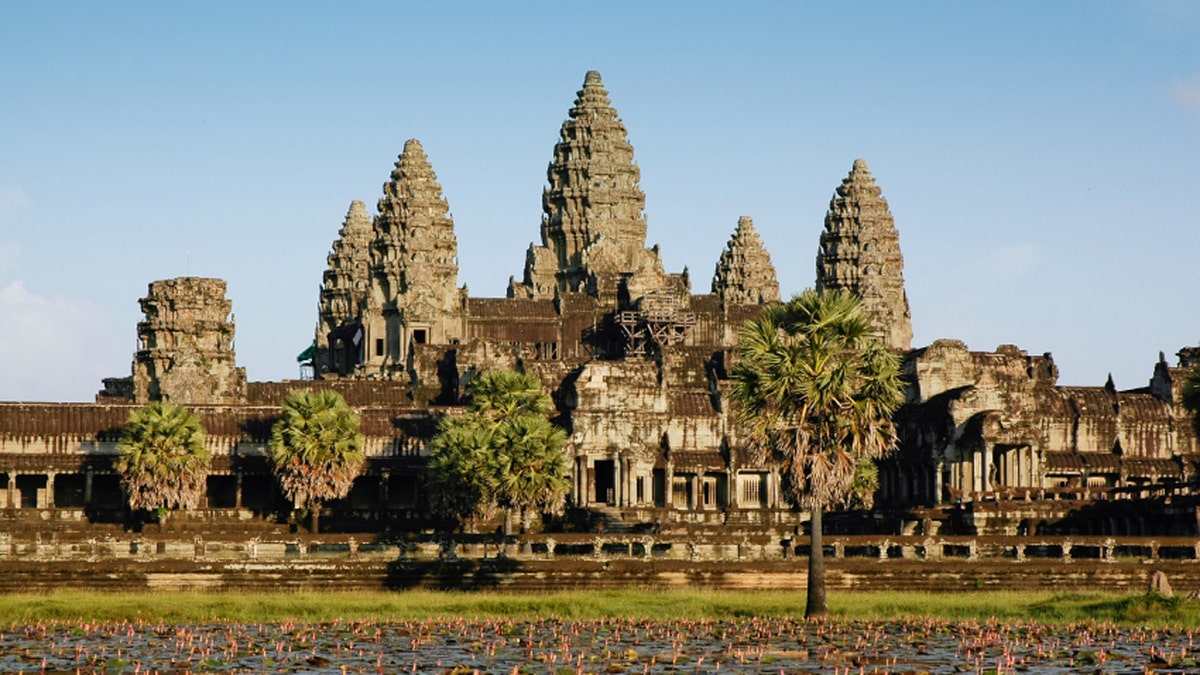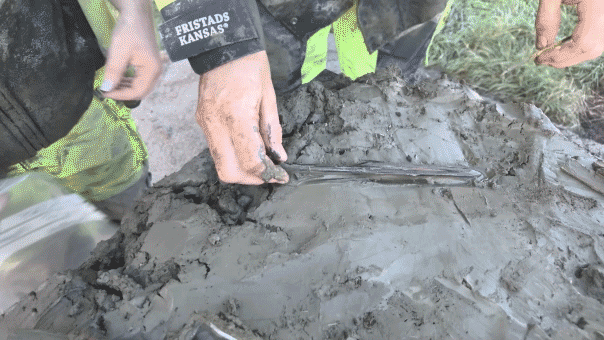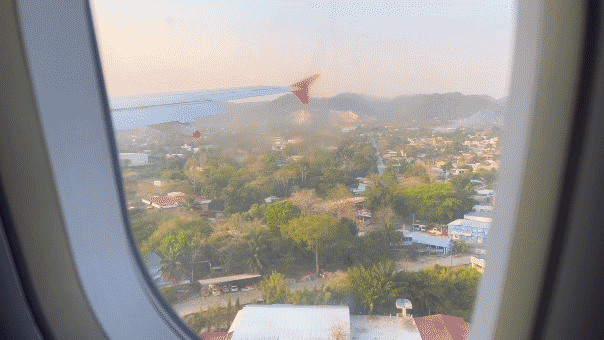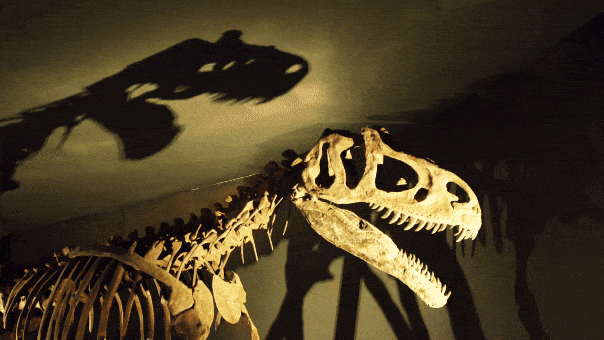
Angkor Wat has posted new code of conduct guidelines. (iStock)
After a string of incidents involving tourists stripping and streaking, Cambodia’s Angkor Wat has introduced a new code of conduct laws to cut down in misbehaving visitors.
The UNESCO World Heritage Site, a massive complex of Hindu and Buddhist temples, is considered sacred to many locals. But earlier this year, several foreign visitors were jailed for posing nude around the historic site.
Signs have been posted in four different languages outside the archeological site to remind visitors of proper behavior while touring the ruins. Modest dress is emphasized, tourists are reminded not to smoke, and all are asked to stay out of restricted areas. Revealing clothing such as shorts and skirts above the knee or shoulder-baring tops are now prohibited, according to the new poster.
At the bottom of the sign, bright red lettering warns “Any act of looting, breaking or damaging Angkor, or exposing sex organs and nudity in public area is a crime punishable by law.”
(function(d, s, id) { var js, fjs = d.getElementsByTagName(s)[0]; if (d.getElementById(id)) return; js = d.createElement(s); js.id = id; js.src = "//connect.facebook.net/en_US/sdk.js#xfbml=1&version=v2.3"; fjs.parentNode.insertBefore(js, fjs);}(document, 'script', 'facebook-jssdk'));
Tourists are also given advice about the proper way to photograph monks—i.e. it’s important ask permission before snapping away.
"These restrictions have been coming ever since Angkor witnessed a succession of flashers last winter," Andrew Booth, founder of Cambodia specialist ABOUTAsia Travel, told the Telegraph.
Despite the stern warning, the ancient temple also announced extended visiting hours that will be a welcome change for tourists hoping to catch a Cambodia sunrise. Starting Jan. 1, the main Khmer temple of Angkor Wat will open two hours earlier—starting at 5:30 a.m. local time, which will allow for more visitors.
The Aspara National Authority, the Cambodian agency responsible for overseeing the temple’s maintenance, hopes the new regulations and extended hours will “ harmonize tourist experiences with public safety and respect towards our community.”








































